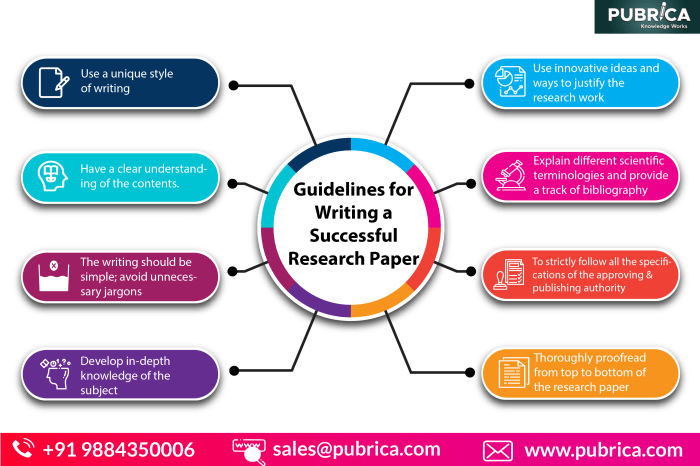Based on the reviewers’ recommendations, the editor makes a decision on manuscript acceptance. Accepted manuscripts are then copyedited and formatted for publication. The final step is online publication, where the research becomes accessible to a global audience.
Best Practices for Quality and Integrity
Ensuring the quality and integrity of published research is paramount. Best practices include:
- Rigorous peer review process
- Clear editorial guidelines and ethical standards
- Transparency in reporting research methods and results
- Regular monitoring and evaluation of editorial processes
- Commitment to research ethics and data integrity
Technical Infrastructure and Dissemination

In today’s digital age, a robust technical infrastructure is crucial for the success of any scientific journal. This includes selecting an online platform that can efficiently manage submissions, peer review, and publication. Look for platforms that offer features such as automated manuscript submission, tracking, and communication tools to streamline the editorial process.
Strategies for Optimizing Discoverability and Accessibility
Once your articles are published, it’s essential to ensure they are easily discoverable and accessible to your target audience. Utilize search engine optimization () techniques to improve the visibility of your journal in search results. Create descriptive titles, abstracts, and s that accurately reflect the content of your articles. Additionally, consider submitting your journal to relevant databases and indexing services to increase its reach and discoverability.
Importance of Metadata and Indexing Services
Metadata, such as author information, s, and abstracts, plays a vital role in making your articles discoverable. Use consistent and accurate metadata to ensure that your articles can be easily indexed and retrieved by search engines and databases. Indexing services, such as PubMed and Scopus, provide a structured way to organize and make your articles accessible to researchers worldwide.
Financial and Legal Considerations
Establishing a successful scientific journal requires careful consideration of financial and legal aspects. This section will explore funding models, revenue streams, legal requirements, ethical considerations, copyright, licensing, and intellectual property management.





